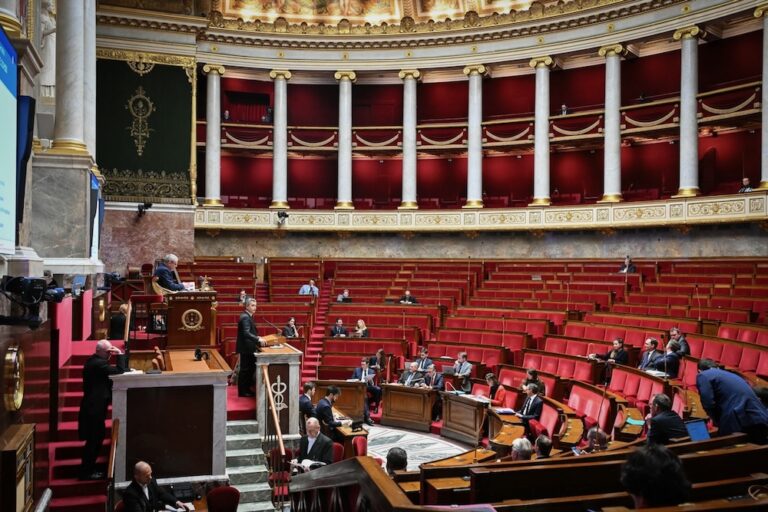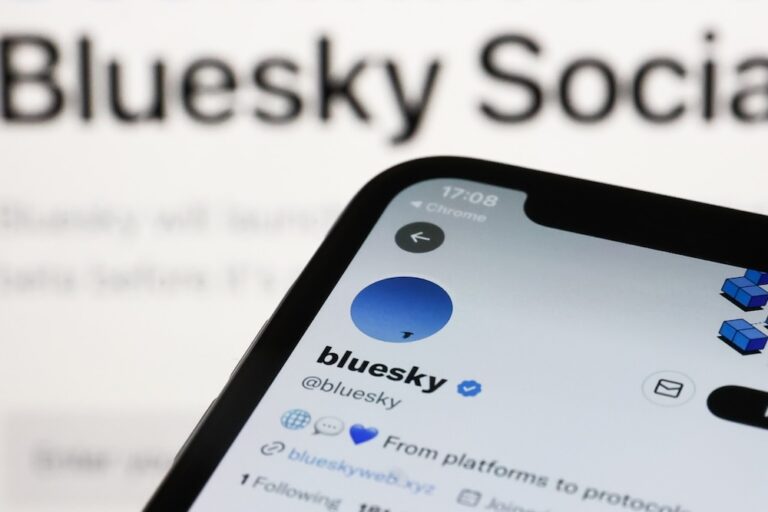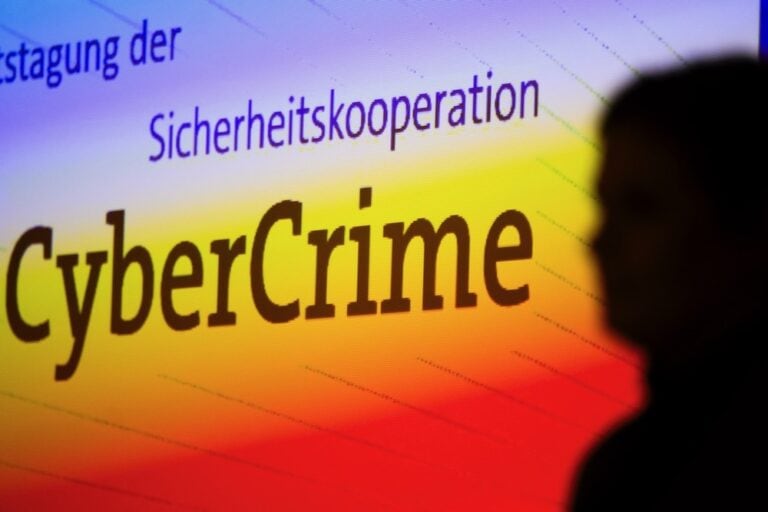Articles by Electronic Frontier Foundation (EFF)

Six years of dangerous misconceptions targeting Ola Bini and digital rights in Ecuador
The Observation Mission monitoring Ola Bini’s case is again calling out the prosecution’s inaccuracies and abuses that weaponize misunderstandings about computer security, undermining both Bini’s rights and digital security more broadly.

A win for encryption: France rejects backdoor mandate
The French National Assembly has rejected a dangerous proposal that would have gutted end-to-end encryption in the name of fighting drug trafficking.

Decentralisation of social media reaches a turning point
“The steady rise of decentralised networks this year is transforming social media… By moving towards a digital landscape that can’t be monopolised by one big player, we also see broader improvements to network resiliency and user autonomy” – EFF

This bill could put a stop to censorship by lawsuit
The Free Speech Protection Act is a long overdue tool to protect against the use of SLAPP lawsuits as legal weapons that benefit the wealthy and powerful.

Unveiling Venezuela’s repression: Surveillance and censorship following July’s presidential election
This is part one of a series. Part two focuses on the legacy of Venezuela’s state surveillance.

Protection guide for LGBTQI+ people at in-person events
With LGBTQI+ events facing harassment and persecution globally, EFF suggests some quick and easy steps to protect yourself physically and keep your data secure at in-person events.

As India prepares for elections, government silences critics on X with Executive Order
Ahead of elections, India has issued new demands to X (Twitter) to remove accounts and posts critical of the government.

UN Cybercrime Convention must not become a tool to undermine international human rights standards
Signatories stress that the Convention should only move forward if it pursues a specific goal of combating cybercrime without endangering the human rights and fundamental freedoms of those it seeks to protect, nor undermining efforts to improve cybersecurity for an open internet.
